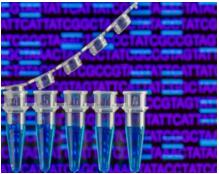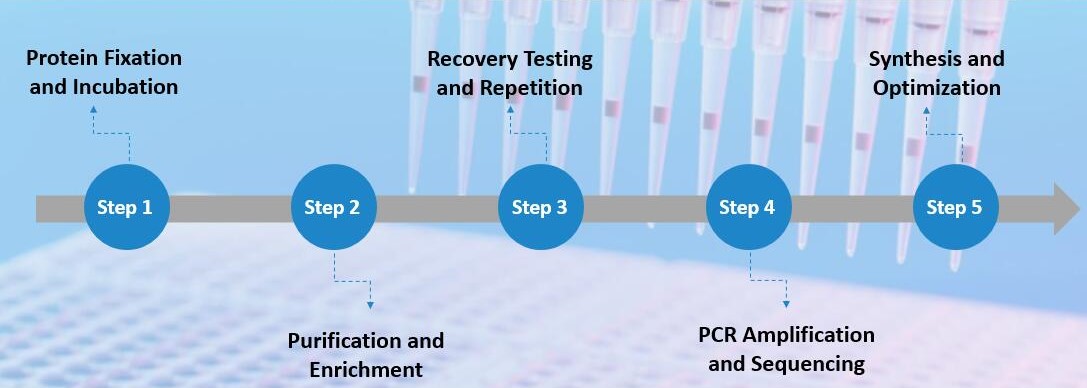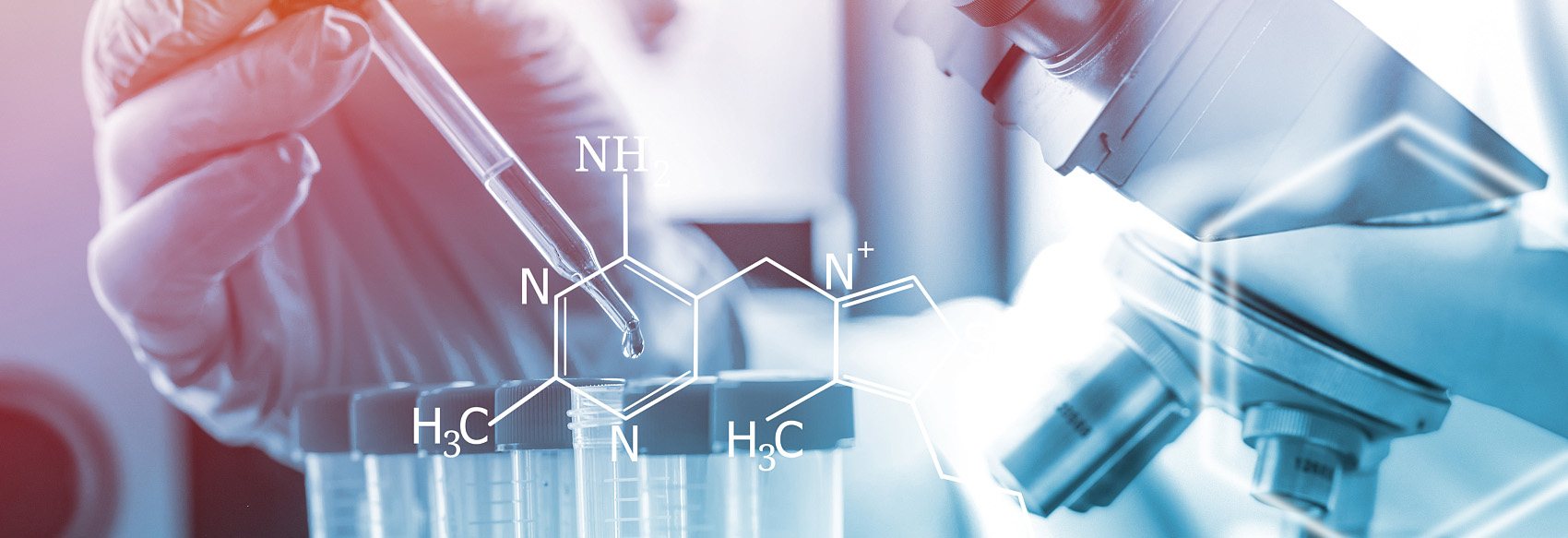
The contemporary era of drug discovery has been immensely impacted by advancements in high-throughput screening technologies, a notable instance being DNA-Encoded Library screening or DEL screening. DELs are collections of small molecules, each tagged with a unique DNA barcode that encodes the chemical structure of the molecule. In DEL screening, the library of compounds is incubated with a target of interest, such as a protein, and any compounds that bind to the target can be identified by sequencing the DNA barcodes. This allows for the parallel screening of millions to billions of compounds in a single experiment. In addition to screening huge numbers of compounds in a single experiment, DELs also offer several advantages over traditional screening methods, including, reduced costs and labor, and the ability to screen compounds that are difficult to synthesize or purify, expanding the range of drug targets and increasing the diversity of drug candidates. As a company steadfastly committed to advancing the frontiers of drug discovery, we offer DEL screening services based on experiential expertise, and vast library diversity.
Process of DNA-Encoded Library (DEL) Screening
At our company, the DEL screening process involves the following steps:

- Protein Fixation and Incubation: The target protein is immobilized on a microplate or magnetic bead, and then the target protein and DNA-encoded library are incubated.
- Purification and Enrichment: The unbound or weakly bound library compounds are washed away, and then library compounds bound to the target protein are eluted and enriched.
- Recovery Testing and Repetition: The recovery rate of the compound library is checked and the previous steps are repeated until the enrichment ratio of the compound library is about 108.
- PCR Amplification and Sequencing: After final elution, the DNA tags on the eluted protein-binding library compounds are amplified by PCR. The amplified DNA tags are subjected to next-generation DNA sequencing, and then identifying highly bound library compounds structure.
- Synthesis and Optimization: Select and then synthesize the highly bound compounds that do not contain DNA tags, and the lead compounds are obtained by repeated synthesis, screening and optimization.
Features of Our Service
- At our company, we classified and mixed the compound library according to the molecular types, structural characteristics, compound construction methods, etc., to form a subset of the DNA encoded compound library, and then screened the subset of the compound library, so as to achieve high efficiency and flexibility of screening.
- Protein quality control (QC) is essential for successful screening of DEL. For each project, our company tightly controls protein quality to ensure protein purity and highly biologically relevant, correctly folded proteins, significantly increasing the success rate of DEL screening.
- At our company, our DEL libraries and screening strategies can generate compound classes that can address any target and modality, including lead-like compounds, drug-like compounds, macrocycles, covalent inhibitors, allosteric inhibitors, peptides, protein degraders, etc.
Why Choose Us?
Our forte in DEL screening is defined by experiential expertise, advanced instruments and platforms, high-quality and customized services, and an uncompromising emphasis on results. More importantly, we have vast library diversity that clients have access to libraries with a diverse range of billions of compounds. And the unique design of which ensures comprehensive coverage and maximizes the potential for success. Please feel free to contact us if necessary.
It should be noted that our service is only used for research, not for clinical use.


